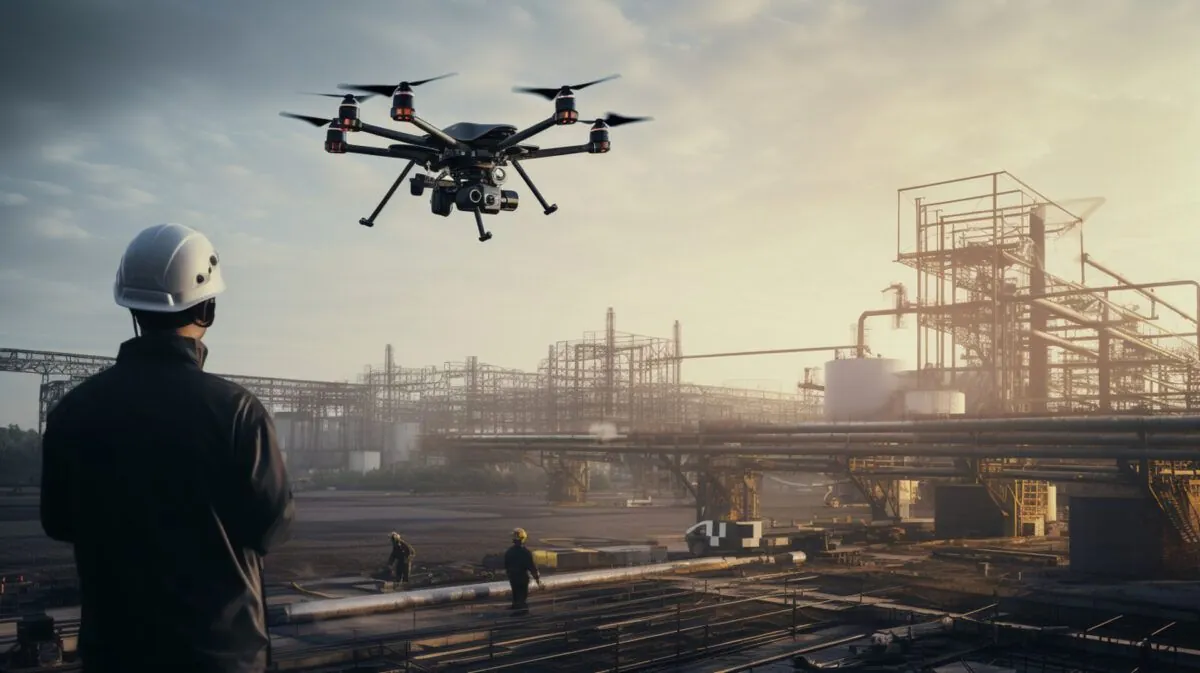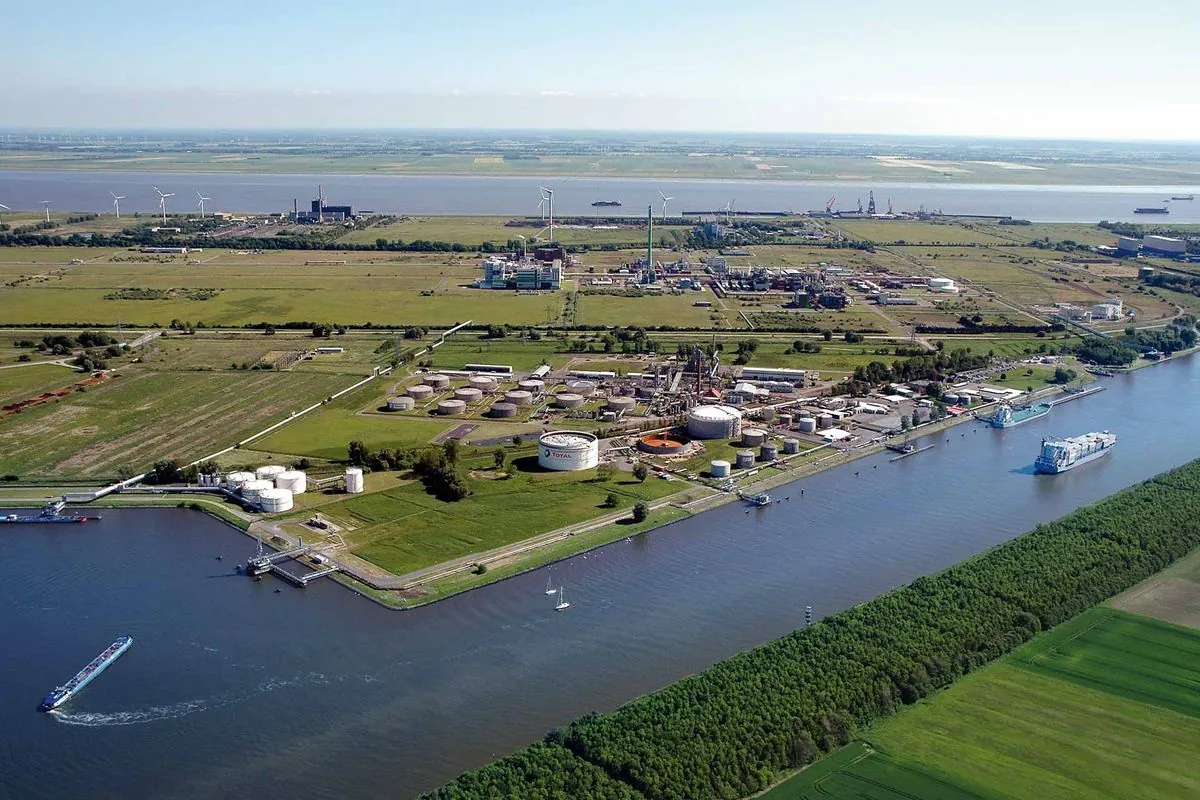German Firms Aid Probe into Suspicious Drone Flights Over Industrial Sites
German authorities investigate drone activity over northern industrial areas, with Covestro and Holcim assisting. The incident raises concerns about potential espionage and sabotage attempts amid heightened security alerts.

In a recent development, German authorities have initiated an investigation into suspicious drone flights over critical industrial infrastructure in northern Germany. The probe, which began on August 22, 2024, focuses on potential espionage and sabotage activities.
Covestro, a prominent German chemical manufacturer, and Holcim, a Swiss cement producer, have confirmed their cooperation with the authorities in this matter. Both companies operate facilities within the ChemCoast Park industrial area in Brunsbüttel, Schleswig-Holstein. This expansive industrial zone houses numerous enterprises in the chemical, energy, and logistics sectors, making it a potential target for surveillance activities.

The investigation has drawn attention to the vulnerability of critical infrastructure to drone-based threats. Germany, as the fourth-largest arms exporter globally, has been on high alert for potential sabotage attempts, particularly due to its significant military aid to Ukraine since Russia's invasion in February 2022.
Speculation has arisen regarding the type of drones involved in these incidents. Some reports suggest they might be Russian-made Orlan-10 unmanned aerial vehicles, known for their long-range capabilities and use in reconnaissance and electronic warfare. These drones can reportedly cover distances of 500-600 kilometers and achieve speeds exceeding 100 kilometers per hour.
This incident is not isolated, as Germany has faced several security concerns in recent months. In April 2024, authorities arrested two German-Russian nationals on suspicion of planning sabotage attacks, highlighting the ongoing threats to national security.
The chemical industry, a cornerstone of Germany's industrial sector, is particularly vulnerable to industrial espionage. With annual losses in the billions of euros due to such activities, the sector remains a prime target for those seeking valuable intellectual property.
As the investigation unfolds, it underscores the growing importance of cybersecurity and physical security measures in protecting critical infrastructure. The incident also highlights the dual-use nature of drone technology, which has found applications in both civilian and military domains.
Germany's response to these challenges includes stricter regulations on drone usage near sensitive areas and increased investment in cybersecurity measures. The Schleswig-Holstein region, known for its renewable energy production, particularly wind power, represents a critical area for the country's energy infrastructure.
As authorities continue their investigation, the incident serves as a reminder of the evolving nature of security threats in an increasingly technologized world. The use of drones for surveillance and reconnaissance has become a common tactic in modern warfare and espionage, necessitating constant vigilance and adaptation of security protocols.
"We are taking these incidents very seriously and are working closely with local companies to ensure the safety and security of our critical infrastructure. We urge the public to remain vigilant and report any suspicious drone activity."
This ongoing situation highlights the delicate balance between technological advancement and security concerns, as nations grapple with new forms of potential threats to their industrial and economic interests.


































